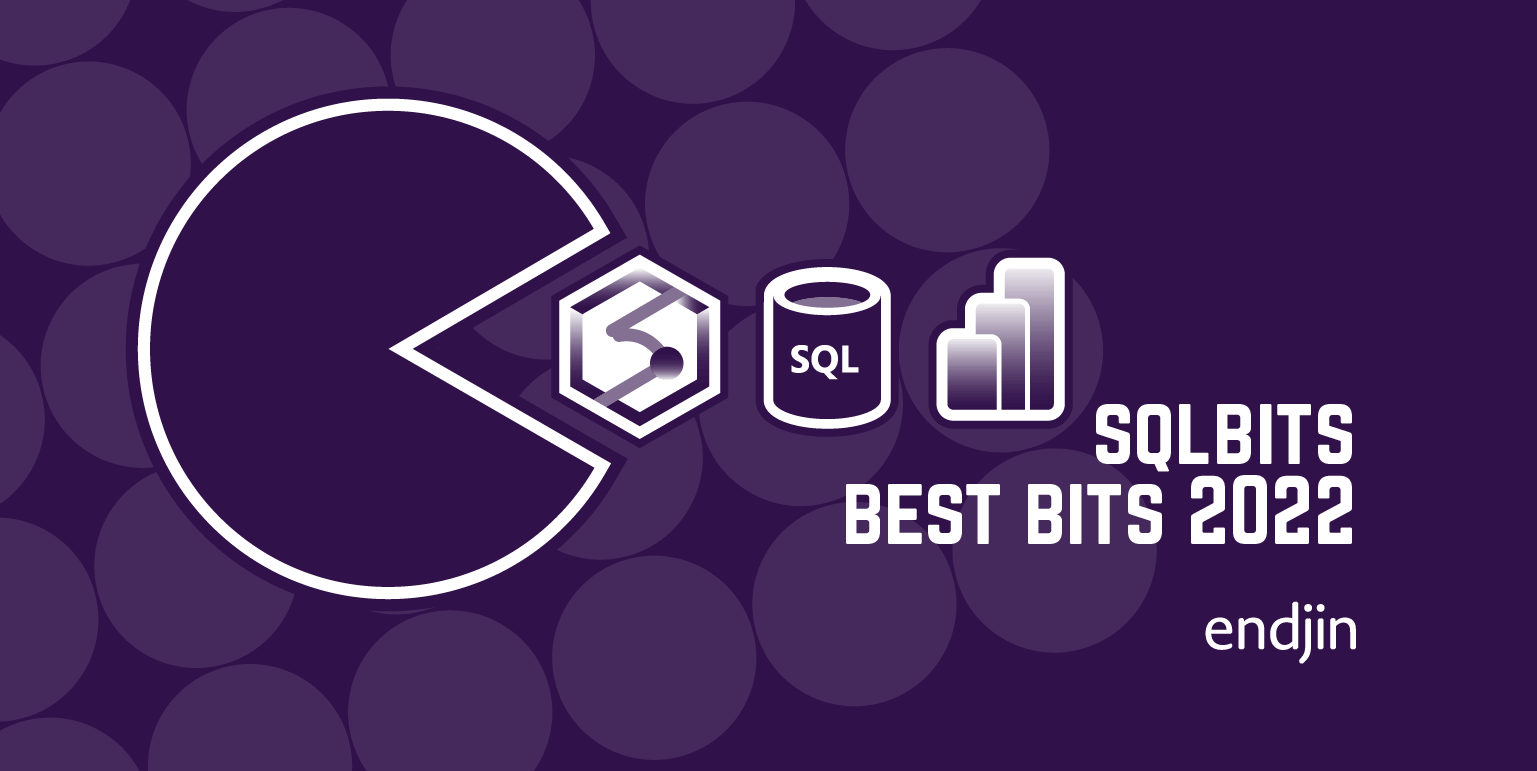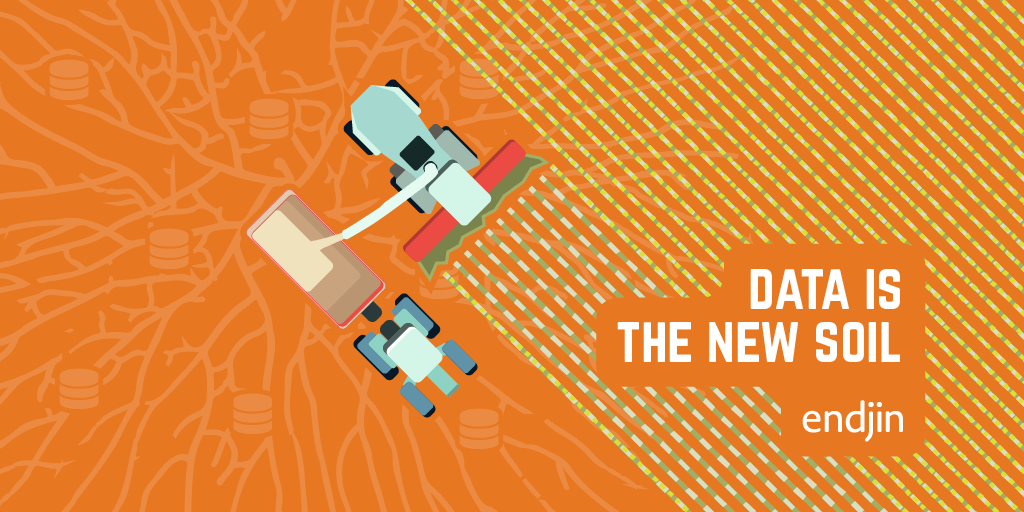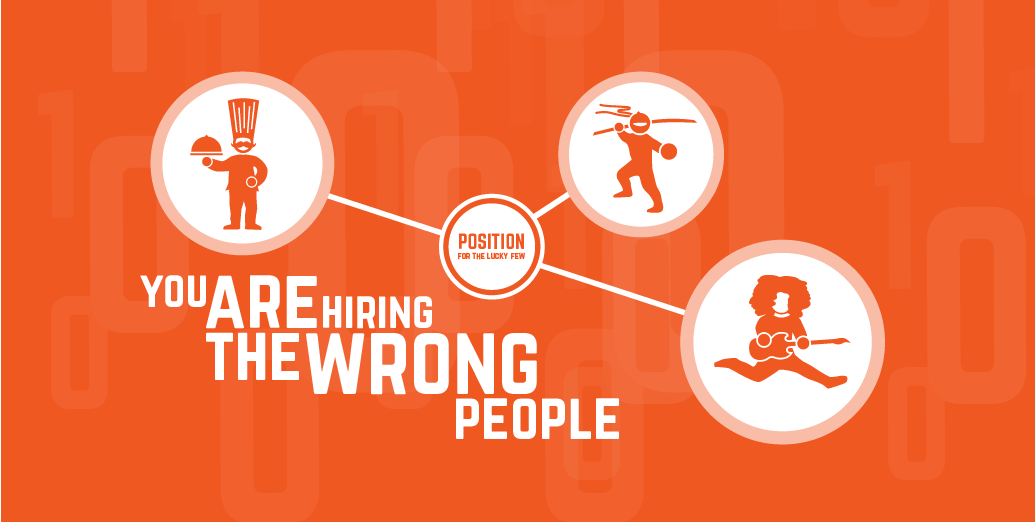Learning from Covid-19
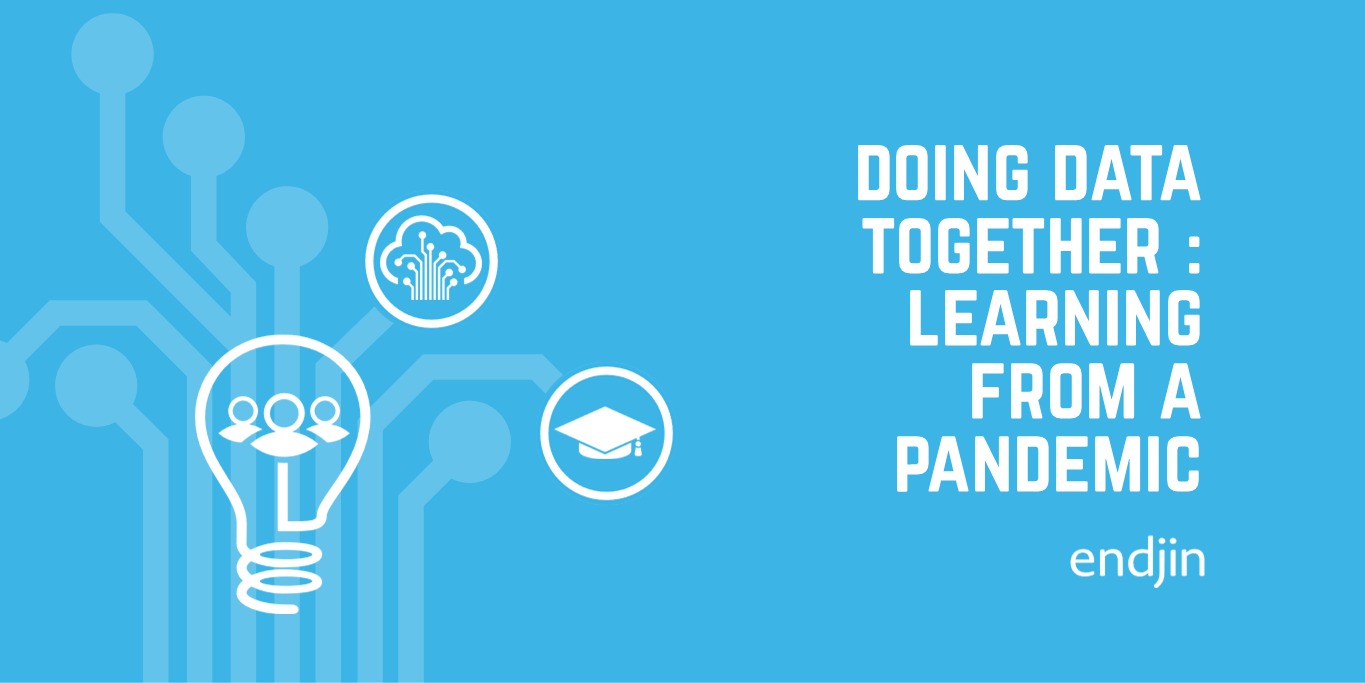
Doing Data Together
In this blog post I provide my summary of the conference Doing Data Together : ethical collaboration through Covid-19 hosted by Edinburgh University and sponsored by The Scotsman newspaper in November 2020.
2019 : seizing the opportunity
First I thought I'd do a quick recap of the previous iteration of the conference which I attended in person in September in 2019. The headline was Doing Data Right: through people and partnerships. The key themes in 2019 were:
The experts see an accelerating pace of change in all things data related. But many organisations are just starting to make sense of it;
The level of data maturity in many organisations is therefore lagging behind the opportunity;
The key to closing this gap is to become more agile. This can only be achieved if organisations break down silos to empower small multi-disciplinary teams to innovate at pace;
The vision of responsible AI is still some way off given the inherent bias of many machine learning models in use today. We need to be aware of this, and work hard to address this as part of the work we are doing.
It was clear that there were significant opportunities for organisations who were in a position to embrace new ways of working, apply new technology and adopt a responsible approach.
2020 : pivoting to Covid-19
Fast forward to 2020 and the conference was different in many ways: entirely online and the agenda was dominated by Covid-19. It was fascinating to hear from a range of experts who are directly involved in responding to the pandemic. By the end of the agenda my view was that, despite the turmoil, positives can be taken from the last 12 months by thinking of the pandemic as a catalyst which has:
Provided a powerful unifying purpose that has broken down organisational silos, increased collaboration and accelerated innovation. The result is that things that would normally take years are being done in weeks;
Emphasized the powerful role that data and analytics can play by enabling informed decision making. Jason Leitch, National Clinical Director for the Scottish Government, talked about the role that data has played in enabling him to adopt a narrative approach with Scotland's First Minister, which in turn has engaged the public and built trust through an open and transparent decision making process;
Raised public awareness about the value of data. But it is also recognised that further work needs to be done to build trust with the public around the benefits of sharing their data to enable a more proactive response to pandemics in the future;
Demonstrated the value that citizen analysts can bring when data is opened up to people who aren't experts but have the passion and creativity to derive new insights from the data;
Shown that many processes have struggled to scale up to meet the demands of a pandemic. In particular, a "zero risk" culture embedded over many years has meant that information governance has become a significant bottleneck. Governance needs to adopt a more enabling attitude based not only on the risks but also on the benefits (or disbenefits of not acting). Furthermore, given that risks can not be eliminated entirely through technical means: more trust needs to be placed in the individuals who work with sensitive data to act responsibly;
Highlighted the importance of automation to displace legacy ways of manual data processing and tools such as email and spreadsheets. This is not only about removing inefficiencies but also about eliminating the risks associated with the honest mistakes often made by individuals who are operating under pressure;
Drawn attention to the opportunity to learn lessons from Covid-19 to make us better prepared for the future. This includes looking at how other countries have tackled the virus;
Raised the concept of developing data skills as a core competency. Dr Helen Stagg believes that, in the future, the NHS should operate not only as a "national health service" but also as a "national data service" in order to play a more effective role in responding to future pandemics.
Many of the key themes from the conference in 2019 can related directly to those in 2020 (see my sketch below):
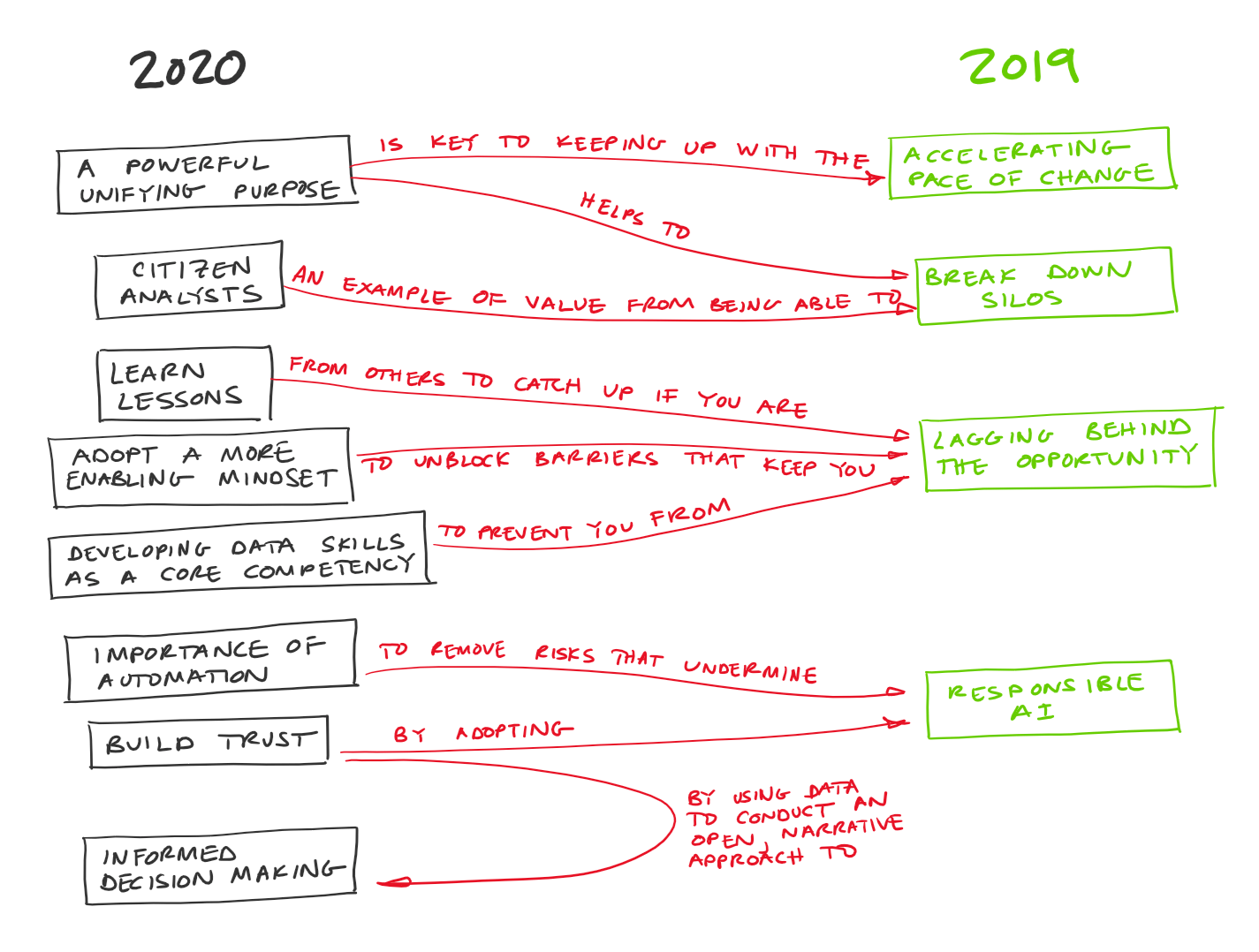
It is also clear that these themes are not exclusive to Covid-19. How many apply to your organisation today?
A potential future : data co-operatives
Finally, I was fascinated by the keynote given by Sandy Pentland, who directs MIT's connection science initiative. His work Building The New Economy describes a future where local communities set up, run and govern their own data co-operatives. These co-operatives serve a similar purpose as cooperative banking (for capital) and trade unions (for labour) which were implemented by communities to wrestle control of resources away from a small number of powerful organisations. In this case, it would mean taking back control of personal data from a small number of tech giants, such as Google or Facebook, and put the data to better use by using it to protect, improve and sustain local communities.
Through a democratic process, communities would govern how the data is used. Sandy's view is that rather than sharing the raw data, the data co-operative would share the aggregated, anonymised insights that can be generated from it. For example, to encourage investment into the community by demonstrating latent demand for a specific product or service, or challenging local authorities to provide better services based on evidence of specific concentrations of ill health, crime or poverty within the community.
I thought about Sandy's idea in the business context. Could this be translated into a corporate setting where individual business units take more control of their data?
At endjin we advocate precisely this bottom-up approach to governance: consumers hold producers to account, and governance flows and aggregates upwards.
Conclusion
Well done to the Scotsman and Edinburgh University for not cancelling this event, putting the effort into pivoting the agenda to make it relevant and getting such a fantastic array of speakers to contribute. If you'd like to hear the sessions first hand, recordings are available online.
It was a fascinating insight into the role that data has played in allowing us to respond to the pandemic. Important lessons were articulated that will not only make us better prepared to tackle future public health emergencies, but can be readily applied in our own organisations.
We often find that one or more of the themes captured above are the root cause of projects that are struggling. It is being able to "do data together" rather than the complexity of the technology being applied that is the foundation for success.

